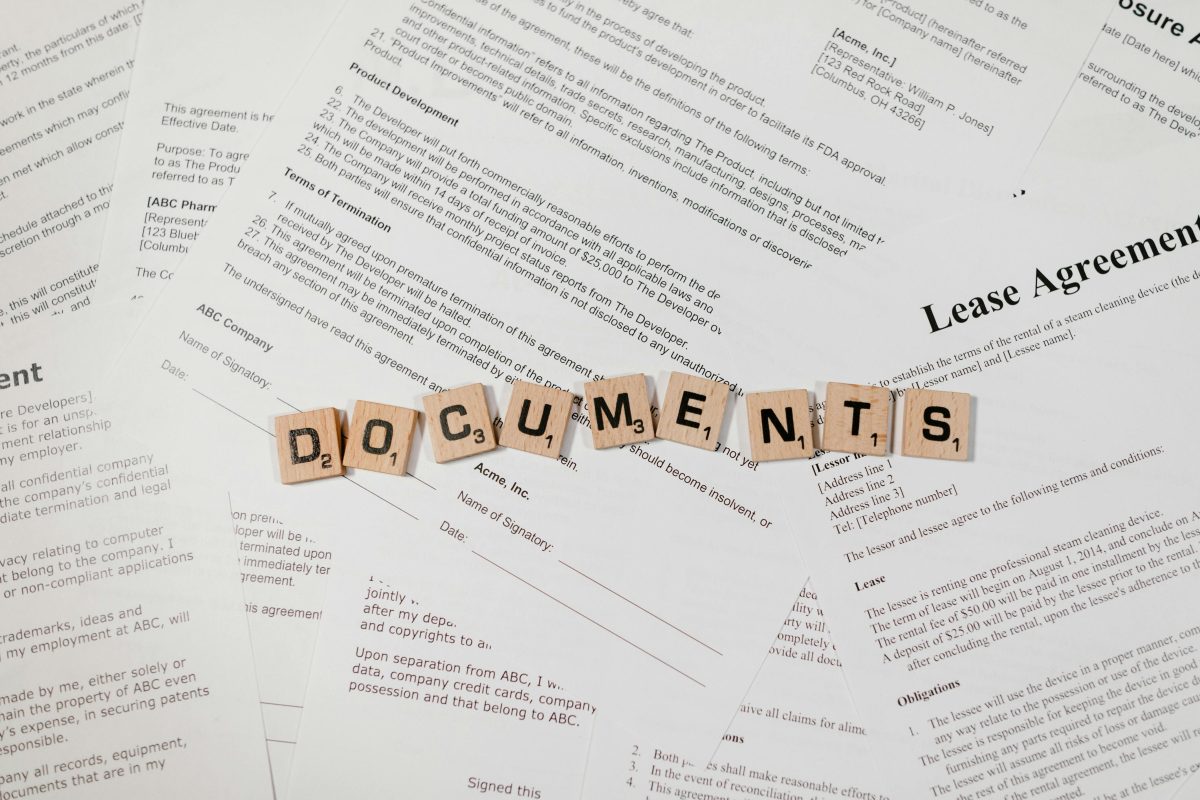Vietnam: A leading destination for European investors through FTAs
One of the main sources of Vietnam’s success as a hub for foreign investment is its openness to trade through numerous Free Trade Agreements. Among these agreements, the Free Trade Agreement between Vietnam and the European Union has had a significant impact on increasing and improving trade exchanges between Vietnam and Europe. Before this agreement, in 2020, the value of trade between Vietnam and the European Union was €43.3 billion, and it experienced substantial growth by 2023, reaching €59 billion. These various agreements have positioned Vietnam as a strategic investment center for European investors, thanks to its dynamic economic growth, skilled labor force at competitive prices, and trade-friendly policies.
To gain a comprehensive understanding of the benefits of investing in Vietnam for European investors, one must first examine the country’s growing economic landscape (1), the role of free trade agreements in facilitating trade with Vietnam (2), and how European investors can leverage these FTAs for their advantage (3).

1. Vietnam’s Economic Landscape
The Vietnamese economy has undergone a remarkable transformation in the past few decades, advancing from 39th place in 2009 to 23rd in 2023 in the global merchandise trade ranking, according to WTO. This progress results from an economic policy focused on manufacturing and service provision. Indeed, the government reforms, supported by a young population and a rise in exportation, aimed to make Vietnam a business-friendly environment.
Strengthened by a skilled and competitive workforce and a strategic location in the heart of Southeast Asia, Vietnam plays a key role in the electronics, textile, agriculture, and renewable energy industries. This Southeast Asian country has become home to numerous multinational corporations and foreign direct investment.
2. The role of free trade agreements (FTAs)
In its efforts to open up to global trade, free trade agreements have considerably allowed Vietnam to initiate its transformation. Through these various agreements, Vietnam has made its mark in the worldwide market by significantly reducing import, export, and service tariffs with several countries around the globe. This substantial reduction has facilitated global trade exchanges with Vietnam. Among these agreements, Vietnam is a signatory to several European countries, the most recent being the Free Trade Agreement between the UK and Vietnam. However, the most notable is the one between Vietnam and the European Union in 2020, involving 27 European countries.
The EVFTA has strengthened the Vietnamese position as an attractive destination for EU investors, with foreign direct investments (FDI) totaling more than €28 billion. By 2027 for the European Union and by 2030 for Vietnam, the agreement aims to eliminate 99% of all tariffs and partially remove the remaining 1% through limited zero-duty quotas, reducing regulatory barriers and eliminating redundant paperwork. It also seeks to protect intellectual property rights, including geographical indications for certain consumer products. Furthermore, it aims to open up service and public procurement markets and ensure the agreed rules are enforceable.
However, the free trade agreements between Vietnam and European countries are not the only advantages investors can benefit from. Due to its numerous free trade agreements and its position within ASEAN, Vietnam offers European investors a genuine gateway to the Southeast Asian market by investing in its country.
3. How FTAs benefit European investors
Granting access to the Southeast Asian market: Thanks to its strategic location within ASEAN and its coastal shape, Vietnam is the ideal country for expanding into the rest of Asia. Through the EVFTA, European Union investors can access the Southeast Asian market with reduced customs duties and then expand their market into other Asian countries through the many agreements Vietnam has made to reduce customs fees. Indeed, with the ASEAN Economic Community, establishing a presence in Vietnam is equivalent to establishing a presence in Southeast Asia. European investors can thus engage with other countries with minimal customs fees and regulations.
Competitive labor costs: While China is still considered the world’s workshop with its colossal labor force, Vietnam has managed to carve out a niche due to its skilled workforce at highly competitive prices. This is especially true in key sectors that attract European investors, making Vietnam an ideal destination for Europeans looking to invest in the Asian market. Indeed, investing in Vietnam allows European investors, unlike in other Asian countries, to benefit from low production costs while balancing quality and productivity.
Furthermore, with its young population and focus on innovation, automotive, and renewable energy industries, Vietnam is an attractive destination for industries requiring technical expertise.
Alignment of Vietnamese regulation to international standards: Through the various treaties signed by Vietnam, the country has committed to aligning its policies with international standards on intellectual property rights and environmental law. Intellectual property protection is one of the key areas for the European Union and was the subject of significant negotiations under the EVFTA. Indeed, European investors are highly committed to the protection of their brands, particularly regarding regional designations of certain products, and other intellectual property rights. Accordingly, customs authorities of Vietnam are now required to actively engage in the seizure of goods suspected of infringing intellectual property rights and must cooperate with rights holders in the investigation process.
Similarly, in response to growing European awareness, environmental law has become an integral part of EU policy, which aims to preserve, protect, and enhance the quality of the environment, safeguard human health, and ensure the responsible and sustainable use of natural resources. Indeed, Europe aims to take international measures to tackle both regional and global environmental challenges, especially regarding climate change.[1]. As such, European investors are well-positioned to take advantage of Vietnam’s favorable investment climate.
Various incentives to foreign investors: The Vietnamese government offers many incentives to foreign investors, particularly those operating in high-tech, green energy, and infrastructure projects. The country has established numerous industrial parks and economic zones that cater to foreign investors, offering tax exemptions, land lease discounts, and other incentives. The FTAs further enhance these benefits, ensuring European investors are well-positioned to take advantage of Vietnam’s favorable investment climate.
In conclusion, Vietnam has become a top destination for European investors due to its rapid economic growth, strategic location within ASEAN, and strong trade ties through FTAs, particularly the EVFTA. The EVFTA eliminates tariffs, simplifies regulations, and enhances intellectual property protection, making trade more accessible. Vietnam’s skilled yet cost-effective workforce, alignment with international standards, and government incentives further strengthen its appeal. Additionally, its commitment to sustainability and green investments aligns with European priorities, positioning Vietnam as a gateway for European businesses to expand into the broader Southeast Asian market.
[1] Article 191 Treaty on the Functioning of the European Union
Time of writing: 16/03/2025
The article contains general information which is of reference value, in case you want to receive legal opinions on issues you need clarification on, please get in touch with our Lawyer at info@cdlaf.vn

Why choose CDLAF’s service?
- We provide effective and comprehensive legal solutions that help you save money and maintain compliance in your business;
- We continue to monitor your legal matters even after the service is completed and update you when there are any changes in the Vietnamese legal system;
- Our system of forms and processes related to labor and personnel is continuously built and updated and will be provided as soon as the customer requests it;
- As a Vietnamese law firm, we have a thorough understanding of Vietnam’s legal regulations, and grasp the psychology of employees, employers, and working methods at competent authorities;
- CDLAF’s team of lawyers has many years of experience in the field of labor and enterprises, as well as human resources and financial advisory.
- Strict information security procedures throughout the service performance and even after the service is completed.
You can refer for more information:
- Managing foreign processing contracts: Legal regulations, customs formalities, and important considerations (Part 1)
- Establishing a foreign-invested company in France










